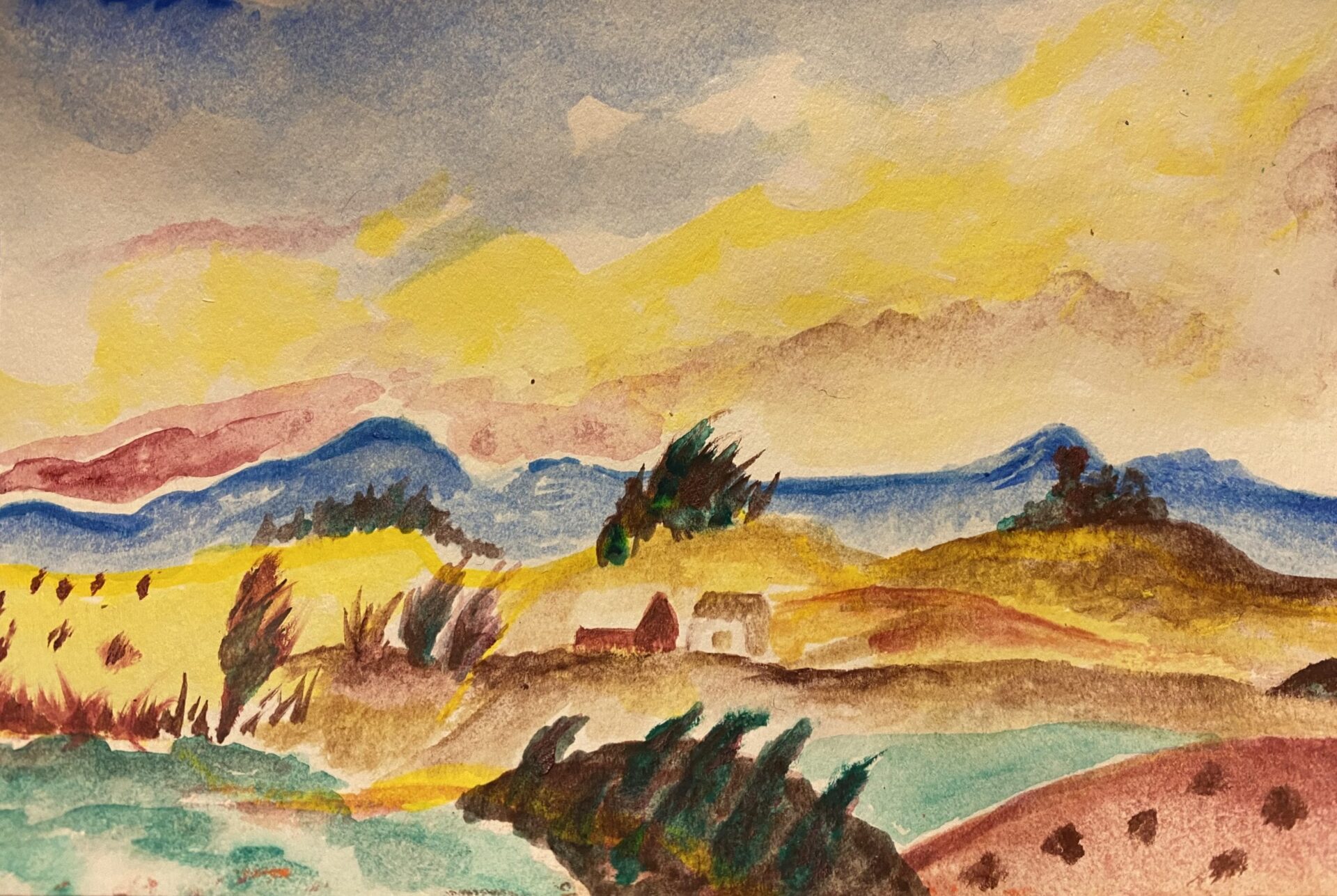By Patrick McNerthney
I’m afraid of debate.
I have a really good friend who happens to be our high school debate champion. Well, from 1992 but still, he crushed the competition back then.
Honing this skillset prepared him well for modern adult life, and he subsequently has a deft ability to seamlessly maneuver between conversations in such a smooth way that ultimately his point, or should I say best interest, tends to hold sway. He’s quite the successful dude.
 (Smooth like buttercream frosting I tell you. Sorry, hungry…)
(Smooth like buttercream frosting I tell you. Sorry, hungry…)
Who knew taking the “nerd” classes like “Debate and Parlance” or “Computer Programming” would actually prove valuable leading to widespread wealth, fame and overall success for people in the future? Dang! My stupid physical education electives got me nowhere.
Debate offers one interesting problem though. There are countless ways to make a point through debate. In fact, the best debaters never try to “be right.” Nay, their focus is on showing how the other person is “wrong,” or I guess more accurately, how they are “using flawed logic.” Either way, debate is all about making a singular point. Unfortunately, making a point has nothing to do with making a difference.
Making a difference requires some form of empathy – cognitive empathy, “I can see where you are coming from;” emotional empathy, “I feel you;” and compassionate empathy, “You are hurt, and I will take immediate action to help.”
Of course, we humans are flawed and can’t master or even possess every kind of empathy at once. For example, I’m great with cognitive empathy, but pretty lousy with emotional empathy.
 (Yup, I’d be all like, “Is something in your eye?”)
(Yup, I’d be all like, “Is something in your eye?”)
Regardless, making a point rejects empathy, because it’s about “You’re wrong so I must be right,” not to mention the satisfaction from just plain winning. And making a point doesn’t really seem to change anything.
Making a difference, on the other hand, embraces empathy, because making a difference starts with moving from where we are, to understand where “they” are. Which means accepting that the other person may not want what we want, doesn’t know what we know, and wasn’t taught to believe what we believe. So we empathize with that, embrace it, and find a way to build common ground where we can move forward together. Thus, making a difference, creating change, writing a new storyline for everyone to follow.
Fine Art Miracles (FAM) is SUPER into making a difference through common ground that results from creative expression. Art Therapy, Music Therapy, and Dance & Movement Therapy are just a few ways to make the elderly and underserved populations of all ages feel worthwhile, connected, valuable, proud, and loved. Feeling that way builds pretty solid – and universally appreciated – ground to stand on. And when that happens, *boom*, we’re making a difference.
Not to mention, the act of making, or turning “nothing” into “something,” helps fight depression, anxiety, dementia, and other mental challenges associated with social isolation. And we ALL could use more of that kind of change!
Want to learn more? Please reach out, FAM loves to help!
So,I’m having lunch with my high school buddy next week. Well, as soon as we settle the debate, that is. We’re arguing over time, location,type of restaurant, and we can’t agree on anything! Big surprise.

